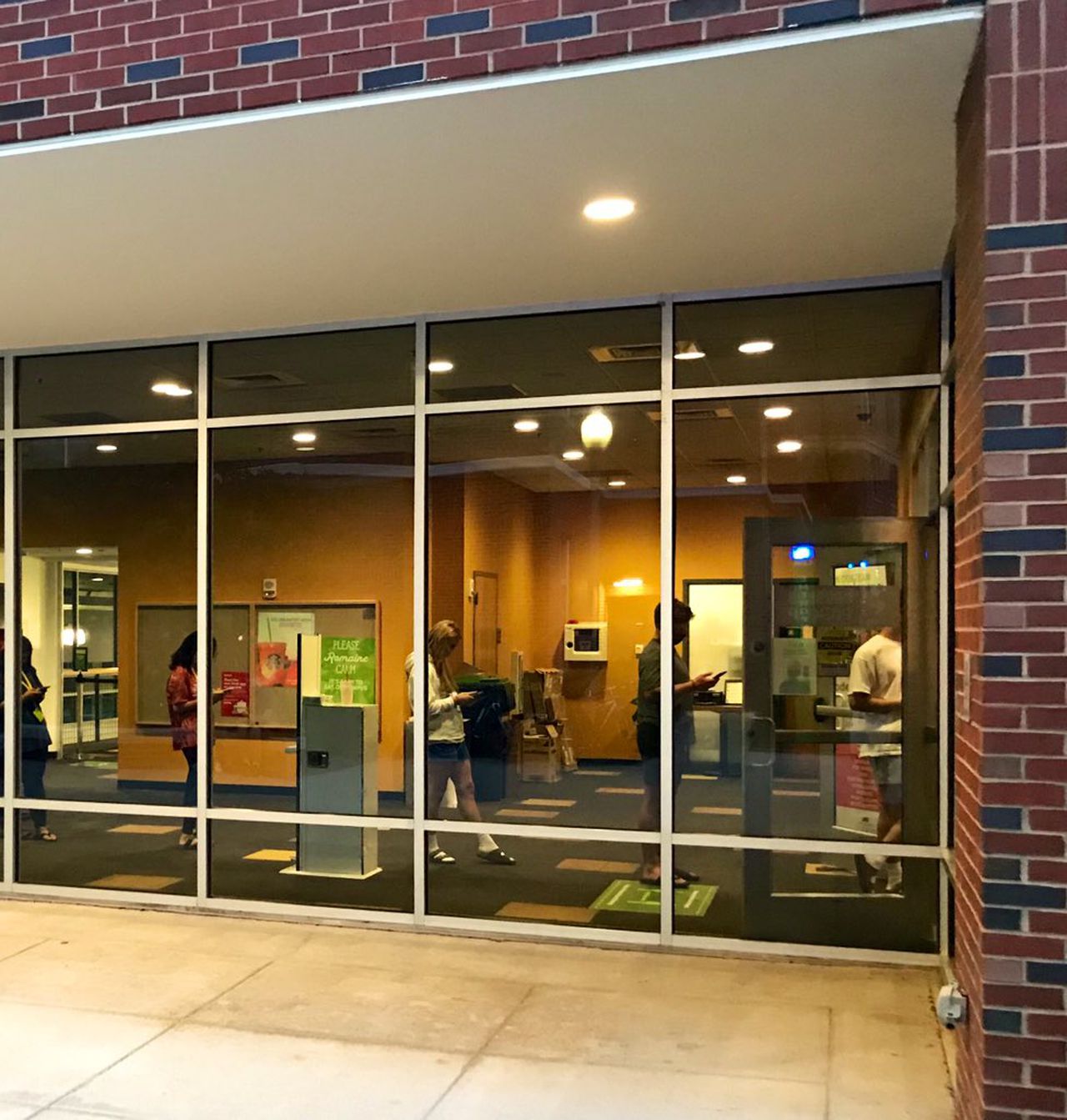
Researchers at the University of Alabama in Birmingham have published a new study that emphasizes the effect of food security on the health and happiness of college students. Financial and adaptive pressures have been proposed as predictors of food insecurity in the collegiate population.
Researchers examined the relationship between food insecurity, body mass index, dietary practices, stress and psychological well-being among college students in a study published in the journal “Public Health.”
The study aims to clarify the ways in which these variables interact and might impact students’ general health. Food insecurity among college students is both a humanitarian and a health concern, as these students have been shown to have worse physical and mental health outcomes than their food-secure classmates.
Researchers used a health assessment of 1,439 students collected in 2020 and measured participants’ diet habits and self-reported stress levels.
According to the study’s findings, 45% of college students reported experiencing food insecurity. A higher BMI score correlated with older age, full-time enrollment, higher levels of food insecurity, and being a fifth-year student.
“Understanding and mitigating the adverse consequences of food insecurity in the college environment is essential to support the overall health and well-being of students,” said lead author Yenni Cedillo, assistant professor in the UAB Department of Nutrition Sciences.
Researchers found that Black students, in particular, seemed to face higher food insecurity and worse health outcomes when they were stressed.
And — predictably, to anyone who has ever stocked a college students’ pantry — an increase in students’ stress levels seemed related to increased consumption of sugar-sweetened beverages and food insecurity, underscoring the possible role of stress in influencing dietary choices, especially favoring unhealthy options, among college students who experience food insecurity.
Co-authors on this study were Tara Kelly, Lizzy Davis, Daniel Smith Jr., Jose Fernandez, and Leandra Durham, with the Department of Nutrition Sciences, and Rebecca Kennedy, the assistant vice president for Student Health and Wellbeing at UAB.
